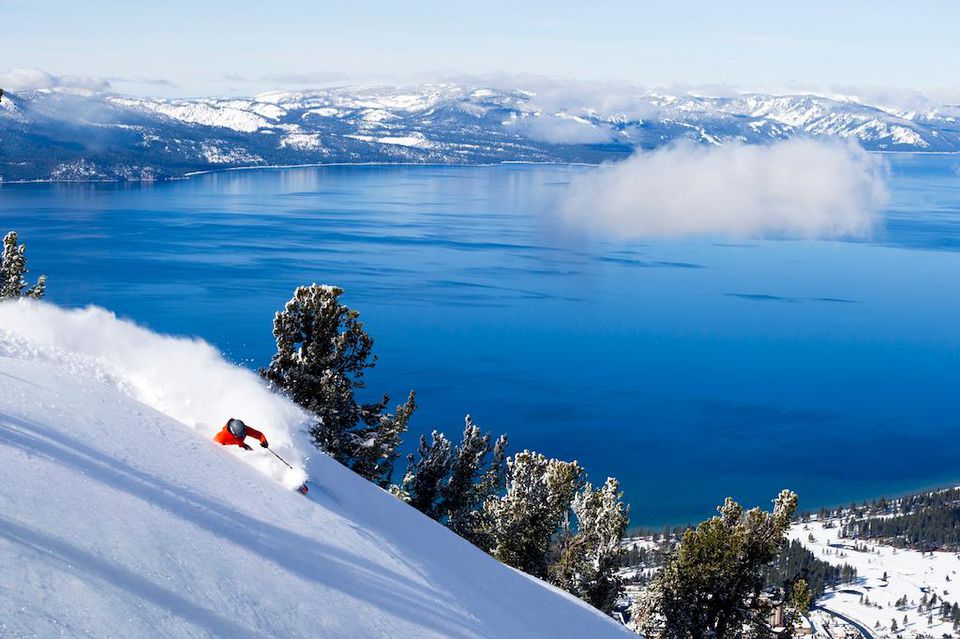 In recent years, we have seen one community after another devastated by wildfires in California — some of them in forests, some in grassland and chaparral areas — in Paradise in the 2018 Camp fire, Greenville in the 2021 Dixie Fire, and Altadena and Pacific Palisades in the January 2025 wildfires in Los Angeles, among many other tragic examples. Politicians want to take action or at least be seen as doing something that will help. But in this climate of fear and uncertainty and mourning, some politicians are proposing dangerous and highly misleading legislation that would make things worse.
In recent years, we have seen one community after another devastated by wildfires in California — some of them in forests, some in grassland and chaparral areas — in Paradise in the 2018 Camp fire, Greenville in the 2021 Dixie Fire, and Altadena and Pacific Palisades in the January 2025 wildfires in Los Angeles, among many other tragic examples. Politicians want to take action or at least be seen as doing something that will help. But in this climate of fear and uncertainty and mourning, some politicians are proposing dangerous and highly misleading legislation that would make things worse.
Recently, U.S. Senator Alex Padilla (D-CA) joined with Senate Republicans to introduce the Fix Our Forests Act, SB 1462, claiming his bill would help protect communities from wildfires. In reality, Padilla’s proposal is a radical logging bill that would put communities at greater risk.
While the bill pays lip service to community wildfire safety, referencing “wildfire-resistant structures” and “defensible space,” it includes no funding or financial incentives to actually promote community wildfire safety, unlike real community wildfire safety bills, such as HR 582 (Rep. Huffman, D-CA) and HR 948 (Rep. Kiley, R-CA).
Moreover, the bill includes a series of provisions that would roll back bedrock environmental laws to give logging companies dramatically increased access to trees on public forests. One provision of the bill allows vast areas of public forest to be logged any place the U.S. Forest Service, with a wink and a nod, claims there is an emergency, without any scientific showing or public comment. Another provision exempts public forest areas up to 10,000 acres in size from environmental analysis and most public participation in order to allow more logging. In addition, the bill overrides the Endangered Species Act in situations where new scientific information indicates that existing logging plans would drive a species to extinction.
The bill does not include any limits on the size, the age, or the number of trees that can be logged, so mature and old-growth trees could be felled and hauled away by logging companies in vast numbers, and clearcutting would be allowed.
This is bad news for community safety. Here’s why. The most current research finds that wildfire speed is the biggest factor associated with significant loss of homes and lives. The faster fires move, the less time people have to safely evacuate, and the less time first responders have to react and help. Fires move fastest where there is low wind friction due to more open vegetation conditions that allow winds to sweep flames through the area more rapidly, causing firefighters to quickly become overwhelmed, according to research published in the journal Science. In other words, removing trees to reduce forest density increases the speed at which fires spread toward communities.
There are many scientific studies by the U.S. Forest Service’s own scientists that find that thinning and other logging activities also alter the forest microclimate, increasing wildfire intensity.
Sen. Padilla has referenced the Camp Fire of 2018, which destroyed the town of Paradise, in order to promote his logging bill, but he fails to mention that the forests through which the Camp Fire spread fastest and most intensely, before burning down over 14,000 homes and claiming 86 lives, were among the most heavily logged in the entire northern Sierra Nevada. The Dixie and Caldor fires also spread rapidly through large areas of thinned forest before destroying towns.
We need wildfire solutions that focus on communities, not more backcountry logging, and we need elected officials with the integrity and courage to stand up for science and public safety above the financial interests of the logging industry.
~ Chad Hanson is a wildfire scientist with the John Muir Project (johnmuirproject.org) based in Kennedy Meadows in the southern Sierra Nevada mountains and is the author of the book Smokescreen: Debunking Wildfire Myths to Save Our Forests and Our Climate.

